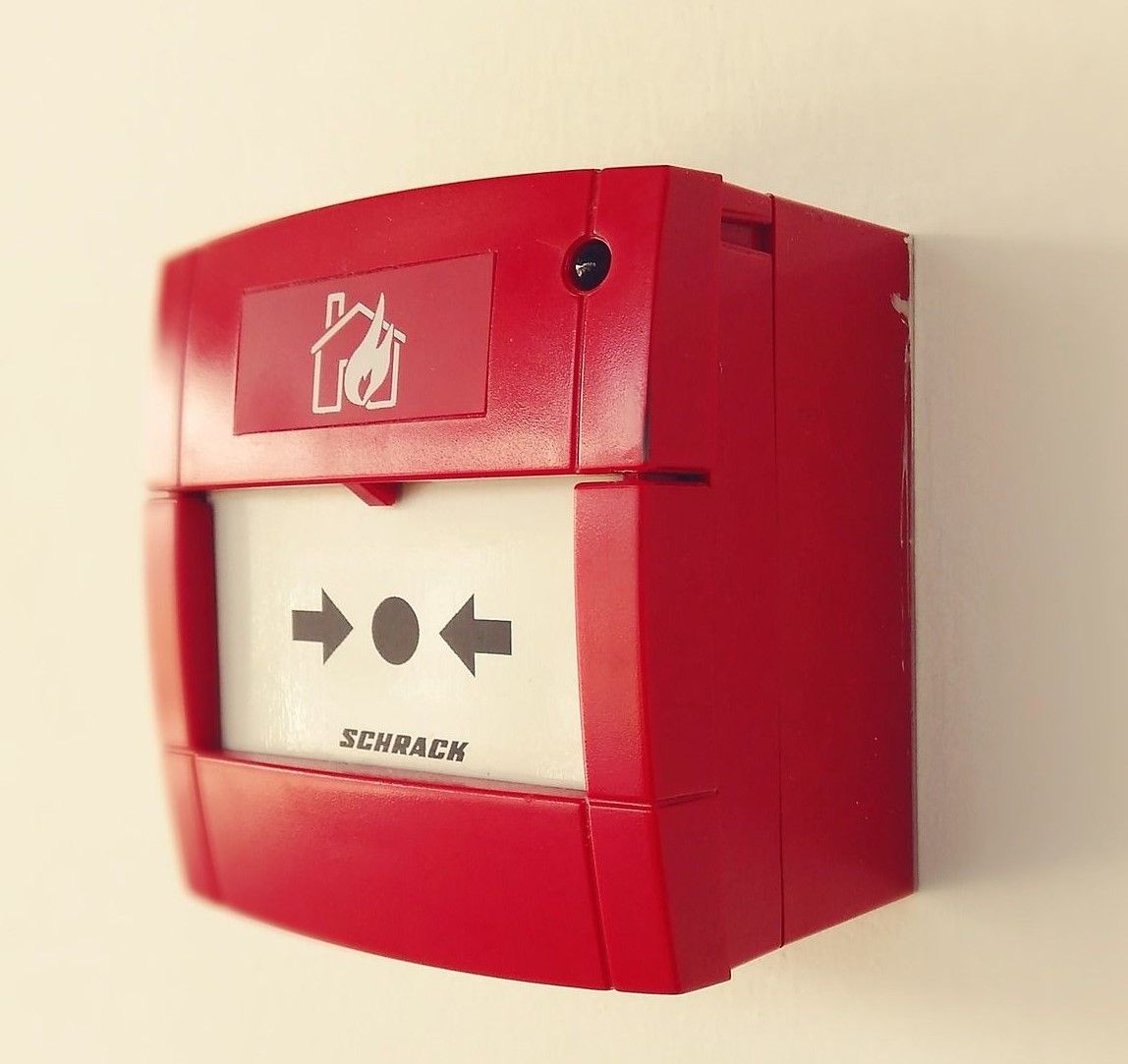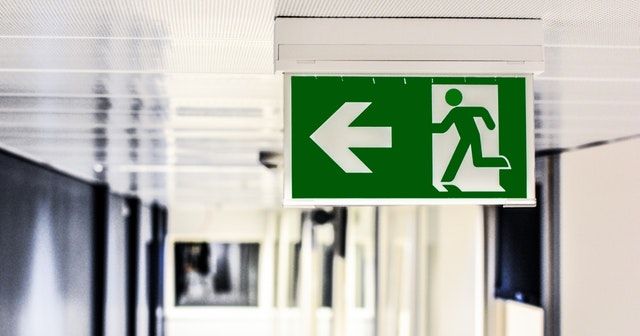Remember Your Legal Responsibilities
In the event of a fire, it is essential that all personnel present understand their responsibilities during the evacuation. The individual designated as a 'responsible person' has a legal responsibility which is of upmost importance. If this responsibility is not correctly followed, there are serious consequences, this can include but is not limited to prison sentences.
What To Do If The Worst Happens?
To say fire can cause significant damage is an understatement. The devastation that fire can cause is often too great for words. After all, it's not just the physical damage you have to be concerned about; a school fire could have a serious impact on the mental health and wellbeing of your students, staff, and those in the wider community. As such, it's essential that you are prepared with a fire plan so that should the worst happen, you can respond in an appropriate manner. However, can you truly prepare for the worst, what should you do in the event of a fire?
If you discover the fire, it's important to raise the alarm. In a school environment, this would be done by activating the fire alarm. After which, it's important to follow the fire plan and escape the building in a swift yet orderly manner using a pre-planned escape route.
On the other hand, if you hear the fire alarm and don't know where the fire is, it is very important to remain calm and try your best not to panic. Follow the fire plan and swiftly exit the building, taking care to remain vigilant of potential dangers. Be aware that the fire could have compromised exists, for example debris could fall and block a path, or the fire could be directly blocking your primary escape exit. In this situation it is very important that you quickly change route to the next closest manner of escape.
Also, remember if you need to open a door whilst evacuating during a firealert, first touch the door with the back of your hand. If it feels warm; do not open the door. A warm door means that the fire is on the other side; in this situation you should seek an alternative method of escape.
Fire Alarm Systems London From Diamond Fire And Security (UK) Ltd.
With over 30 years of experience providing installations for localauthorities, educational properties, and housing associations Diamond Fire And Security (UK) Ltd. is the ideal choice for schools located in London, Bedford, Bedfordshire, or Milton Keynes. We can provide a range of systems including both conventional andsophisticated fire alarms and all of our installations are guaranteed parts and labour for Two Years.
If you would like to make an enquiry or if you have any questions, please don't hesitate to get in touch and speak to a member of staff. You can contact us by calling 01234 825018, or you can contact us by email by sending any questions you have to us at info@diamondsecurity.co.uk.


